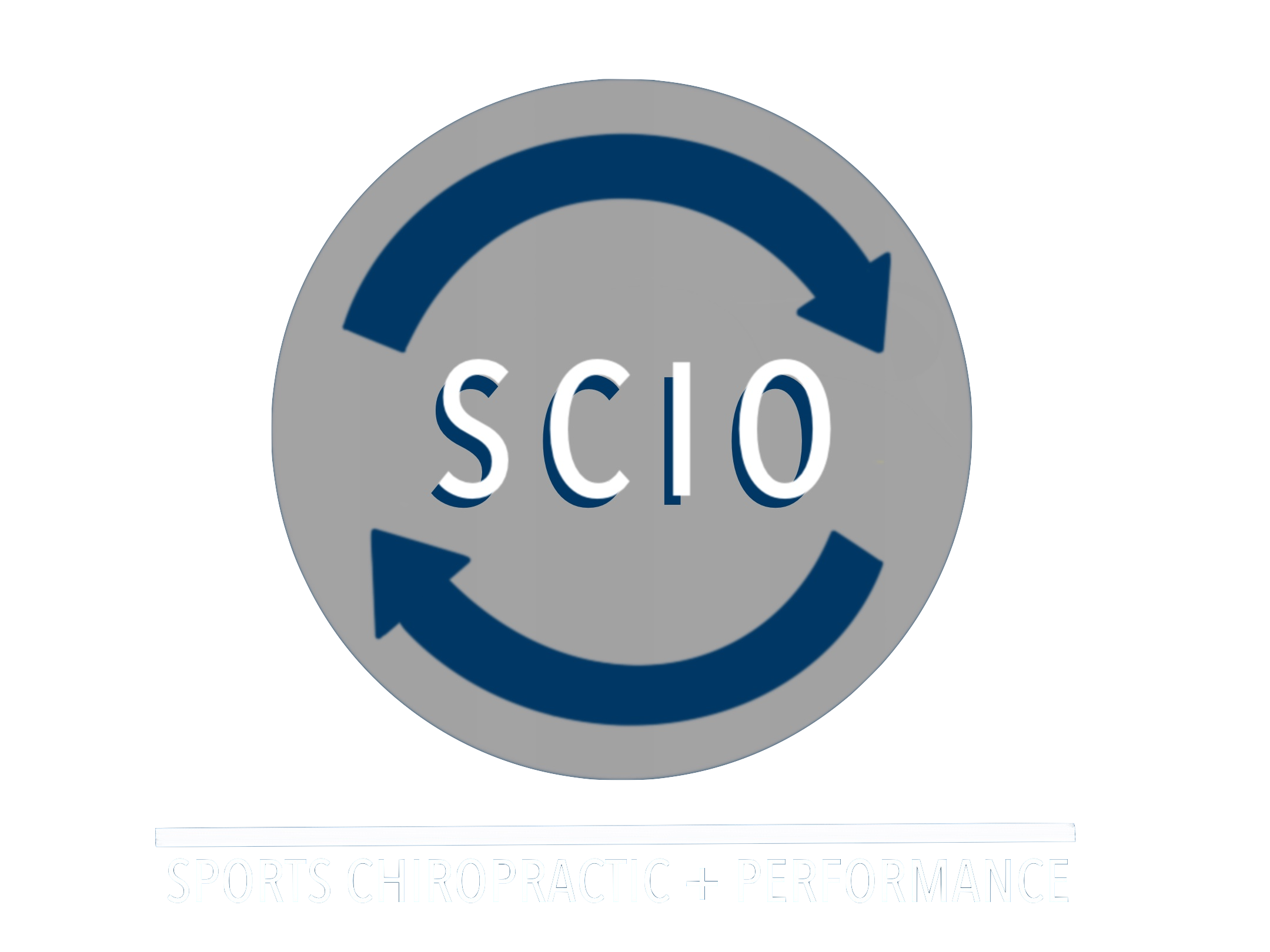"Digestible" Nutritional Info for the Holidays
Once again we start to get into the thick of the holiday season and that means more delicious holiday meals. So today we’re going to take another look into the world of nutritional science. In one of our previous posts we went over some nutritional supplements that can be found in some common grocery foods, so this post is going to examine some common foods and their composition that causes negative effects to the body with repeated consumption. More specifically, we’ll be looking at foods that increase inflammation within the body.
To understand what this means, we’re going to do a quick overview of inflammation in the body. Inflammation is the body’s natural repair and response mechanism whenever the body receives an injury or is fighting off a cold or other internal bug. Typically, inflammation is a good thing. However, sometimes the body is bad at regulating this from time to time and too much inflammation can actually inhibit the healing process and your overall lifestyle. So keep these concepts in mind as we go through the list.
Sugars
It is oh so difficult for most of us to stay away from sweets during the holiday season. Pastries, sodas, and candies of all kinds are delectable treats that contain sugar in some form or another. Fructose, which is a component in some sugars, has been linked to increases in inflammation which in turn can lead to obesity, diabetes, and liver trouble if consumed in excess. Fear not though, as the trouble comes from continuing to eat excess over time. If you’re shopping, take a look at the nutrition label and look for “Added Sugars” and that will tell you how much non-natural sugar was added to your food item. Sugars from fruits are safe and are the best substitute to healthily crave your sweet tooth. Just make sure to check the label when you buy fruit juice.
Trans Fats
Up next on our list of holiday food guidelines are trans fats, probably one of the unhealthiest types of fats you can put in your body. Fried and packaged food is delicious and convenient, especially when done well. Beer battered fish and chips, french fries, microwave popcorn, box cookies, and so much more that everyone has something they like from this category. Trans fats are usually in foods that have long shelf lives as well as in many different types of margarine and oils used for cooking and frying. These artificial trans fats have been associated with an increase in the body’s inflammatory response as well as a heart disease. These are different from the natural trans fats found in meat and dairy which don’t carry as negative of an impact as their artificial counterparts. Like all things, consume trans fats in moderation, even the natural kind.
‘Simple’ Carbs
Carbohydrates are fun because they’re practically in every food that’s not directly meat or fat. You’ve probably even heard the joke phrase “Carbs are the enemy” but that’s a little hard to consider when carbs are in so many different foods from crackers to fruits and even vegetables and dairy products. Carbohydrates at their core are a type of sugar and as we mentioned in the ‘Sugars’ section, there are good types and bad types and even some overlap with the sugars category. The bad types of carbohydrates are processed carbohydrates which we also call “simple” carbs. This includes white grain, white rice, cereals, sodas, many cracker snack foods, chips, and so on. We call them ‘simple’ carbs because most of the fiber or related nutrients have been removed. As a result, our body processes them quickly so we don’t stay full for as long. Recent studies have shown that excessive consumption of “simple” carbs promotes the growth of bacteria that causes inflammation in our stomachs and intestines that can lead to obesity and bowel disease. If possible see if you can make the substitute from white grains to whole grains.
Even though there’s only three on the list, these three cover quite an extensive amount of foods that you may go through during the holidays. While this may not be an exhaustive list, it is still good practice to look at your food labels while shopping so you can be more informed about your dietary choices. Eating or drinking something delicious that falls into one of these categories is not necessarily bad, however, make sure to eat them in moderation and establish healthy eating habits with your daily diets that are conducive to your lifestyle.
Our diets are an important part of lives and even adjusting them slightly can have significant impacts. If you have any additional questions about nutrition or diets please don’t hesitate to ask next time you come into the office!



